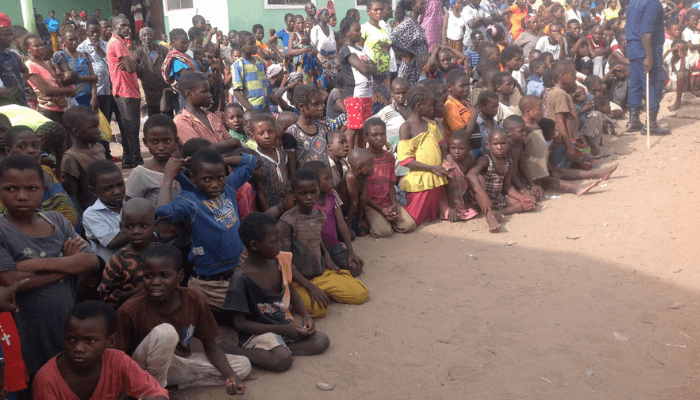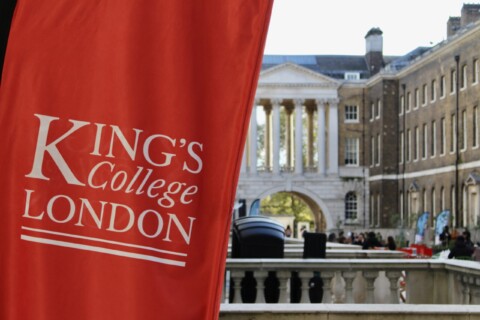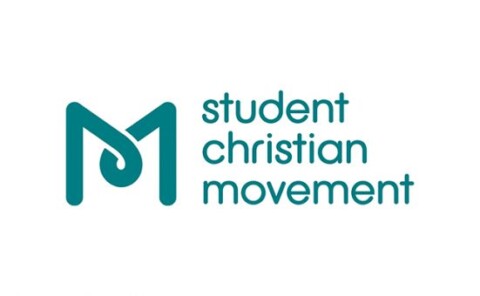In a major push to bridge the gap between traditional Islamic education and modern learning, the Federal Government has successfully enrolled 18,670 almajiri tutors into the formal school system. The move is part of the broader efforts to integrate Qur’anic education into Nigeria’s basic education framework.
Registrar of the National Board for Arabic and Islamic Studies (NBAIS), Prof. Yahuza Imam, disclosed this on Sunday in Kaduna while reviewing the impact of President Bola Tinubu’s administration, two years into office.
The almajiri education programme is a flagship initiative aimed at addressing the challenges of out-of-school children in northern Nigeria. It seeks to provide access to formal education for almajiri-aged children, discourage street begging, and gradually eliminate itinerant lifestyles associated with traditional Islamic learning.
Prof. Imam noted that targeted actions by the government have significantly boosted enrolment rates, thanks to widespread stakeholder engagement, virtual conferences, and strategic visits to state governors and education ministries across the country.
“The efforts are yielding visible results. With the integration of Arabic and Islamic education into the national framework, we’re witnessing a substantial increase in school enrolment across various regions,” he said.
Currently, NBAIS operates in 29 states and the Federal Capital Territory. To further support this integration, the board launched a Special Programme for Huffaz (Qur’anic Tsangaya Tutors) under the Qur’anic School Integration Programme (QSIP). It has also introduced entrepreneurship education into the curriculum of integrated Arabic and Islamic schools, broadening the students’ skill sets beyond religious instruction.
To accelerate access to basic education, the board rolled out the Junior Arabic and Islamic Studies Certificate Examination (JAISCE). This programme helps fast-track academic progress for learners coming from Islamic backgrounds.
NBAIS has also forged partnerships to enhance the development of Arabic and Islamic education in Nigeria. Memoranda of Understanding have been signed with key stakeholders, including the Nigerian Arabic Language Village in Ngala, Borno State; Fountain University in Osun State; Borno Arabic and Tsangaya Education Board (BOSASEB); Al-Amana Arabic & Islamic Board in The Gambia; and the Institute of Education at Ahmadu Bello University, Zaria. Similar agreements were reached with Islamic education boards in Yobe and Jigawa States.
On infrastructure, Prof. Imam revealed that NBAIS had constructed and furnished a one-storey complex at its Zaria Main Operation Centre and provided backup solar energy for continuous operations. Zonal offices were also built in Ibadan, Minna, and Gombe, while the administrative headquarters in Kaduna was rehabilitated and equipped.
He expressed optimism that these steps would further institutionalize the integration of Islamic education into Nigeria’s national education system, reduce the number of out-of-school children, and foster long-term national development.





